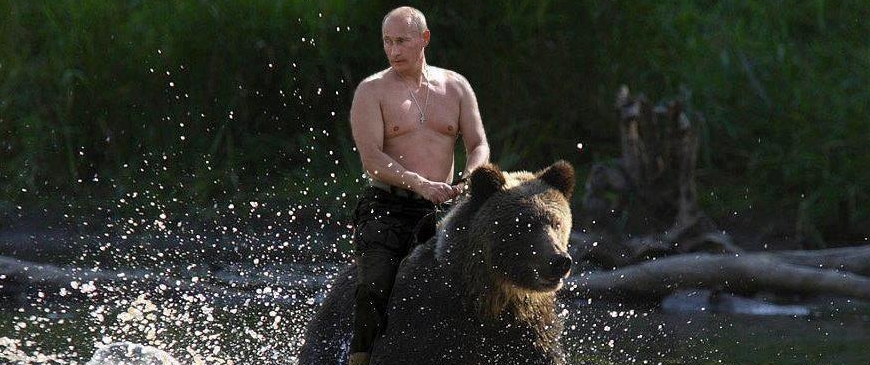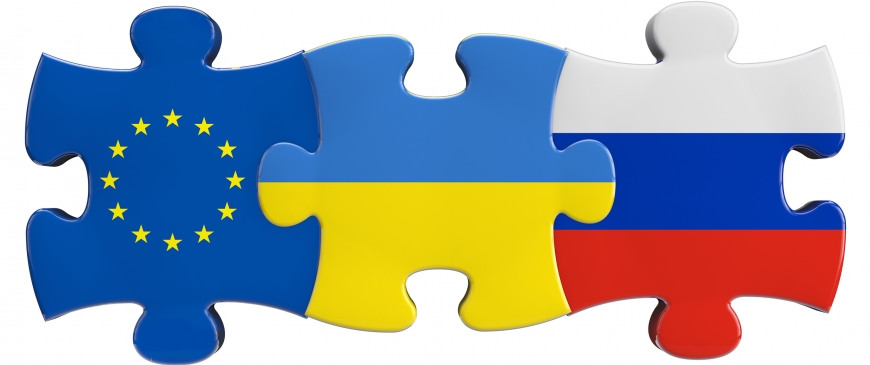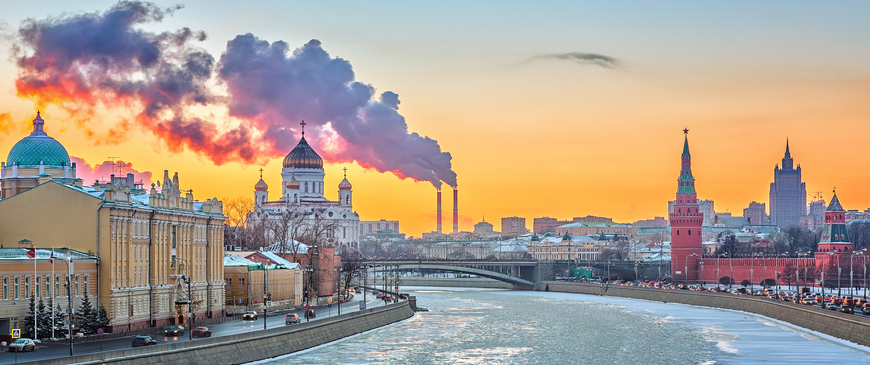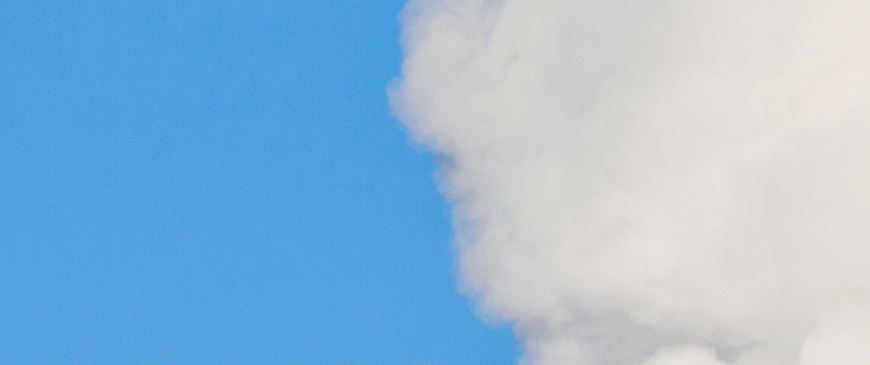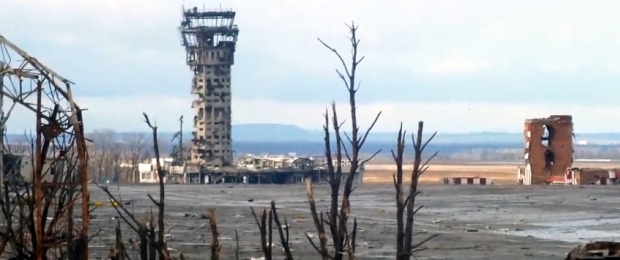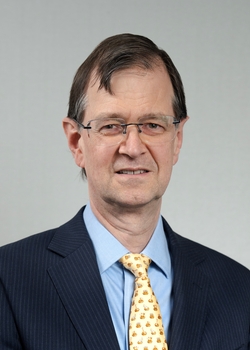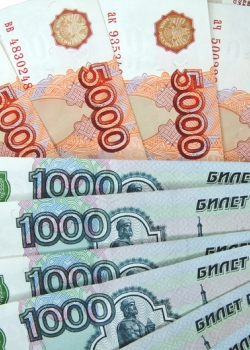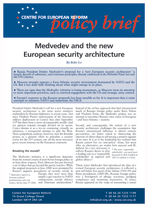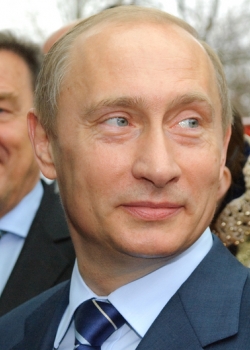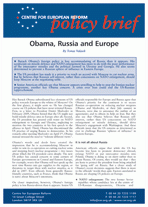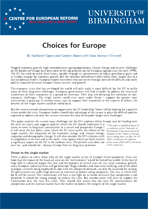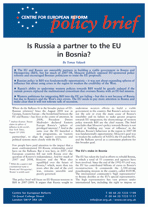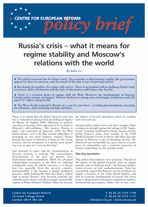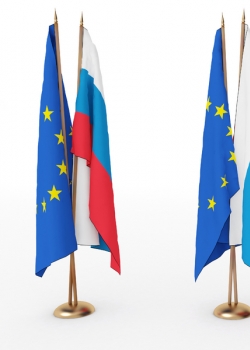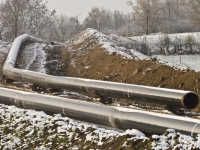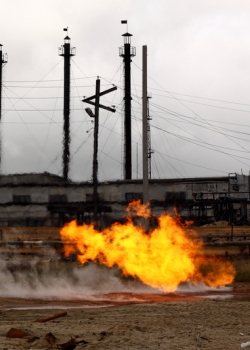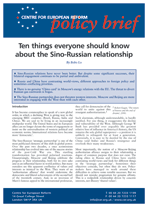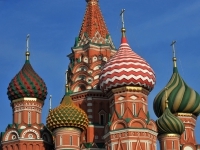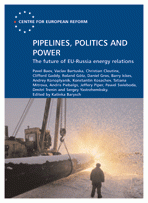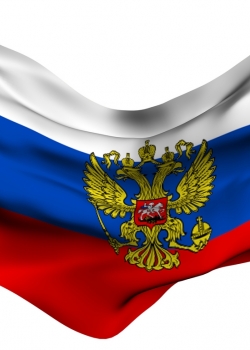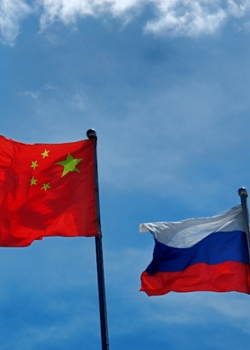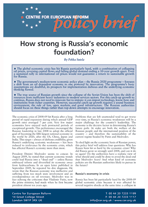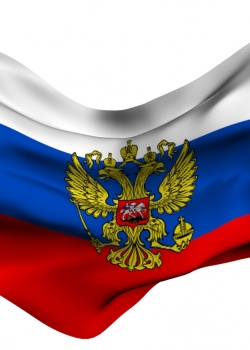Russia
Gazprom’s uncertain outlook
18 December 2009
Many people in the EU tend to see Gazprom as a mighty giant that uses energy as a political tool on behalf of the Kremlin. They say that Russia has leverage because it controls 40 per cent of the EU’s gas imports.
NATO, Russia and European security
06 November 2009
Countries in Europe's east and north worry that Moscow is blundering into a confrontation with NATO. They have begun demanding that the alliance start preparing for a possible conflict. But are they right to be concerned?
Russia: A tale of two crises
03 July 2009
Russia’s economy has been hit hard by a triple whammy of capital outflows, collapsing oil prices and falling global demand. In the first three months of the year, output was down by 10 per cent compared with a year earlier. The retail boom that had fuelled growth in recent years has turned into a slump.
Medvedev and the new European security architecture
01 July 2009
President Medvedev's call for a new European security architecture is Russia's most active diplomatic initiative in recent times. Yet it lacks substance.
Can Russia contribute to global governance?
17 June 2009
Like the US, China and India, Russia has never been a big enthusiast for multilateral global governance. When the Russians believe that working through multilateral institutions will suit their interests, they will do so. But Russia’s history, size and traditions make it sceptical of multilateralism.
Obama, Russia and Europe
01 June 2009
On the first glance, Barack Obama has subordinated US foreign policy to the interests of Moscow. He has slowed down NATO enlargement, stopped urging Russia to democratise and hinted that the US might not build missile defence sites in Europe.
Choices for Europe
01 May 2009
CER - University of Birmingham
Sluggish economic growth, high unemployment, ageing populations, climate change and security challenges on the borders of Europe have been some of the top priorities on the European agenda since the early 1990s. The EU has tried to tackle these issues, notably through its commitments to reduce greenhouse gases and its Lisbon strategy for economic growth.
Is Russia a partner to the EU in Bosnia?
19 March 2009
Where does Bosnia fit in the broader picture of EU – Russian relations? The EU and Russia are ostensibly partners in building a viable government in this Balkan country, but for much of 2007-08 Russia encouraged Bosnian politicians to resist EU-sponsored police reforms. This policy brief argues that Russian policy...
Russia's crisis - what it means for regime stability and Moscow's relations with the world
19 February 2009
The global financial crisis has had a tremendous impact on Russia. Its much-vaunted resurgence has hit the buffers, and the mood in Moscow is one of mounting anxiety.
A thaw between Russia and the West?
13 February 2009
After several years of chilly relations between Moscow and western capitals, a little warmth is detectable. At both the Davos Word Economic Forum in January, and the Munich Security Conference in February, the Russians’ exchanges with Americans and Europeans were fairly polite.
Georgia, Ukraine and energy security
02 February 2009
In January 2006 Russia interrupted gas supplies to Ukraine and triggered a short, sharp shock to Europe in its ever-growing dependency on Russian gas.
After the gas conflict
23 January 2009
On January 20th, Russian gas started flowing again through Ukraine, after a two-week shut-down that had left people in South East Europe freezing and factories idle. The relief across Europe was palpable but the confusion about what happened is still there.First, both Russia and Ukraine said that the dispute was about money that Naftogaz, the Ukrainian gas company, owed to Russia’s monopoly Gazprom for last year’s deliveries. Then it was about the price the Ukrainians should pay in 2009 for the Russian (or Turkmen) gas that it uses domestically. ...
Just another gas crisis?
07 January 2009
Russia has cut off the gas flowing to and through Ukraine – again. Like in January 2006, Moscow and Kyiv are blaming each other, while a convoluted mix of political intrigues, shady middlemen and broken contracts makes it almost impossible for outsiders to ascertain which side is at fault. But the current interruption in gas supplies to Europe is different in many ways from that three years ago.
Ten things everyone should know about the Sino-Russian relationship
01 December 2008
Sino-Russian ties are at an historic high. But the relationship remains ambivalent and fraught with mistrust. Moscow and Beijing have different views of the world, contrasting foreign policy approaches, and often competing priorities.
PCA? The EU needs a real Russia debate
24 November 2008
Was the EU right to resume negotiations on a new partnership and co-operation agreement (PCA) with Russia despite Moscow not fully complying with the Georgia ceasefire plan?
Pipelines, politics and power: The future of EU-Russia energy relations
01 October 2008
Does the Kremlin use energy as a political weapon? Why is Russia’s oil and gas output stagnating? Can and should the EU try to reduce its dependence on Russian hydrocarbons? Are the EU and Russia engaged in a pipeline war? What does energy solidarity mean? What rules should govern EU-Russia energy relations?
How to handle the new Russia
01 October 2008
The war in Georgia has led to a surge of anti-western sentiment in Russia. The fact that Americans and Europeans broadly sympathised with Georgia – when it was Mikheil Saakashvili’s attempt to take South Ossetia by force that started the war – infuriates many Russians.
Russia, China and the Georgia dimension
01 October 2008
Russia’s relations with the West today are more problematic than at any time since the fall of the Berlin Wall. With talk of a new Cold War and of parallels with the great power rivalries that preceded the First World War, Moscow’s ‘strategic partnership’ with Beijing has been out of...
How strong is Russia's economic foundation?
01 October 2008
Russia's economy is in deep recession. Many Russians hope that rising oil prices will quickly restore the high growth rates their country enjoyed before 2008.
Issue 62 - 2008
26 September 2008
- How to handle the new Russia, Charles Grant
- Russia, China and the Georgia dimension, Bobo Lo
- Options for EU trade policy, Philip Whyte

